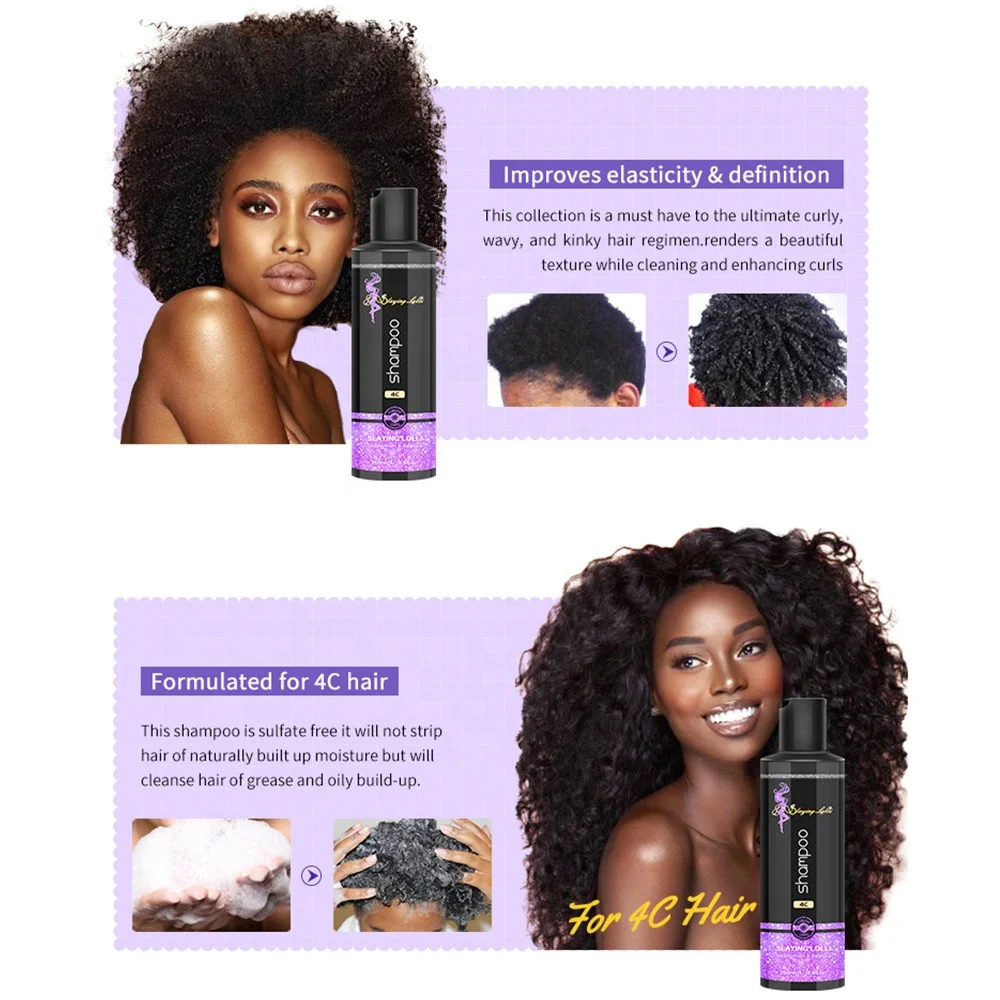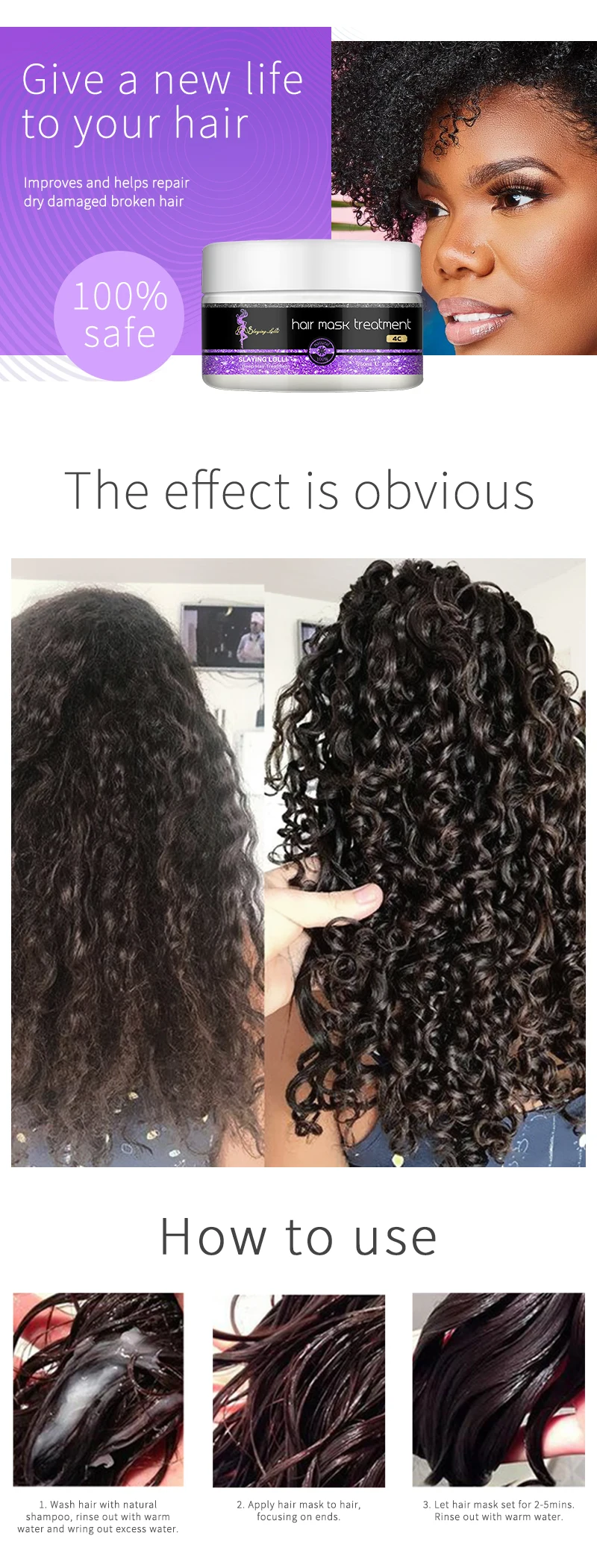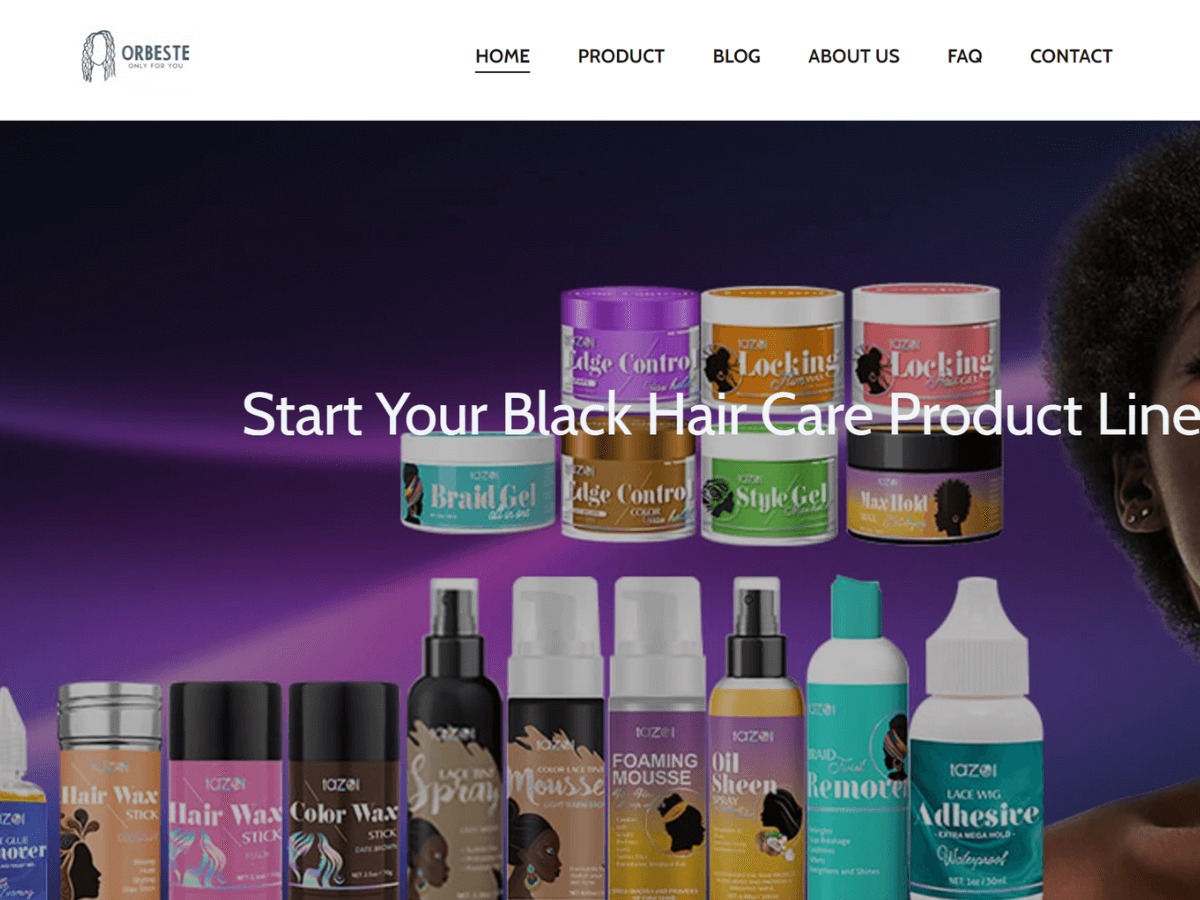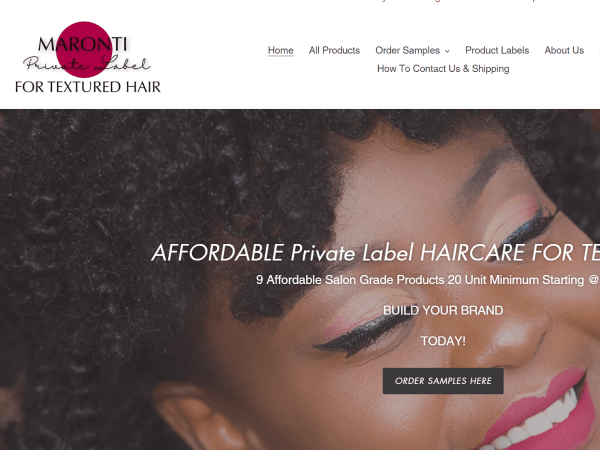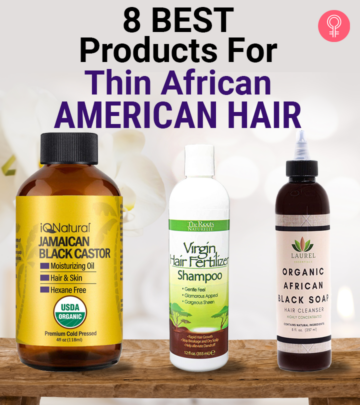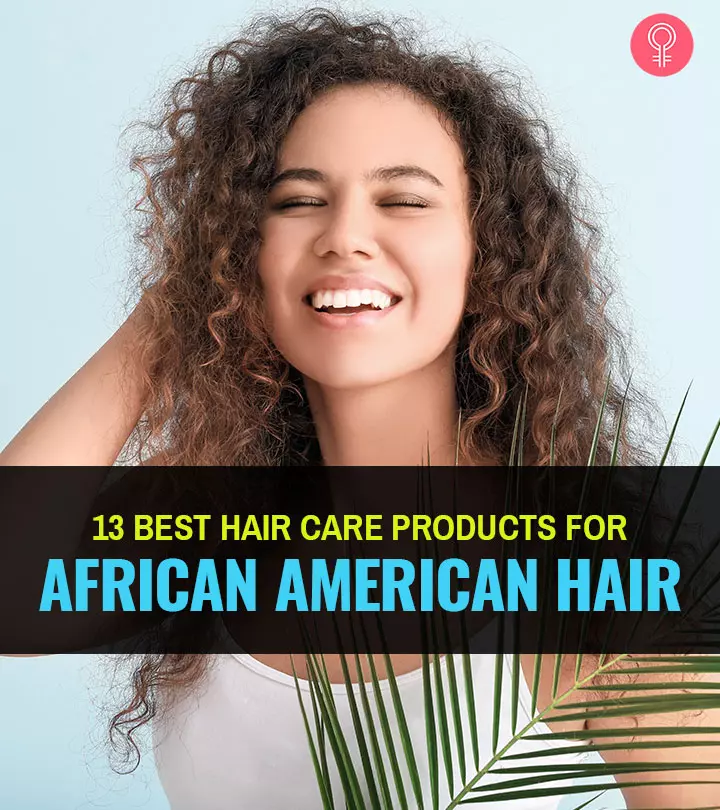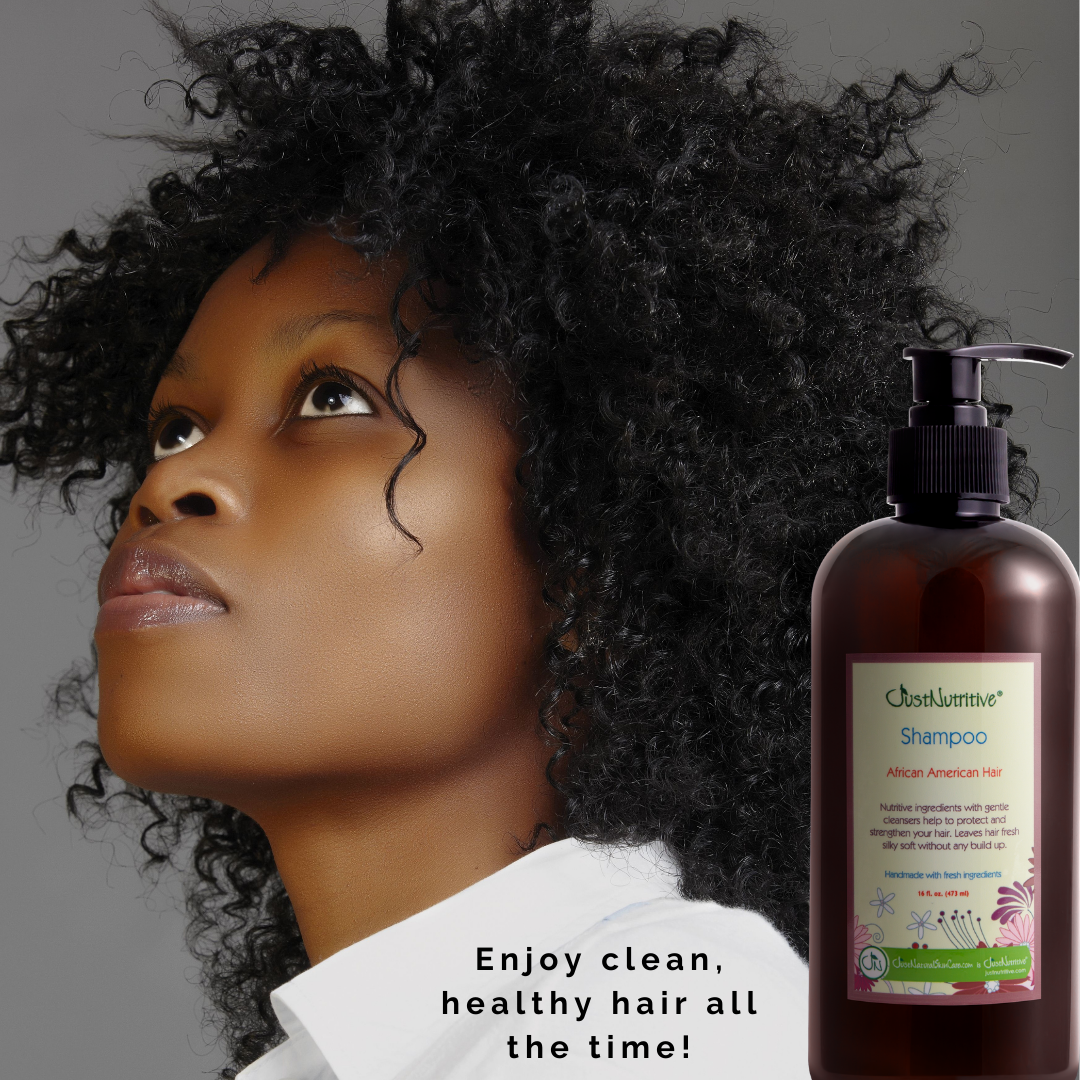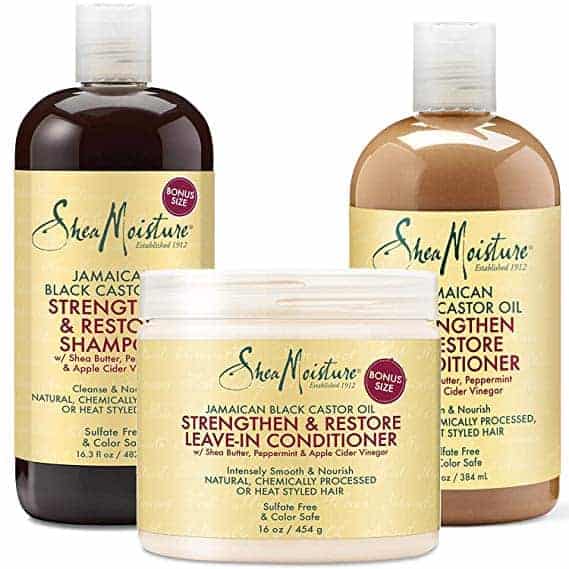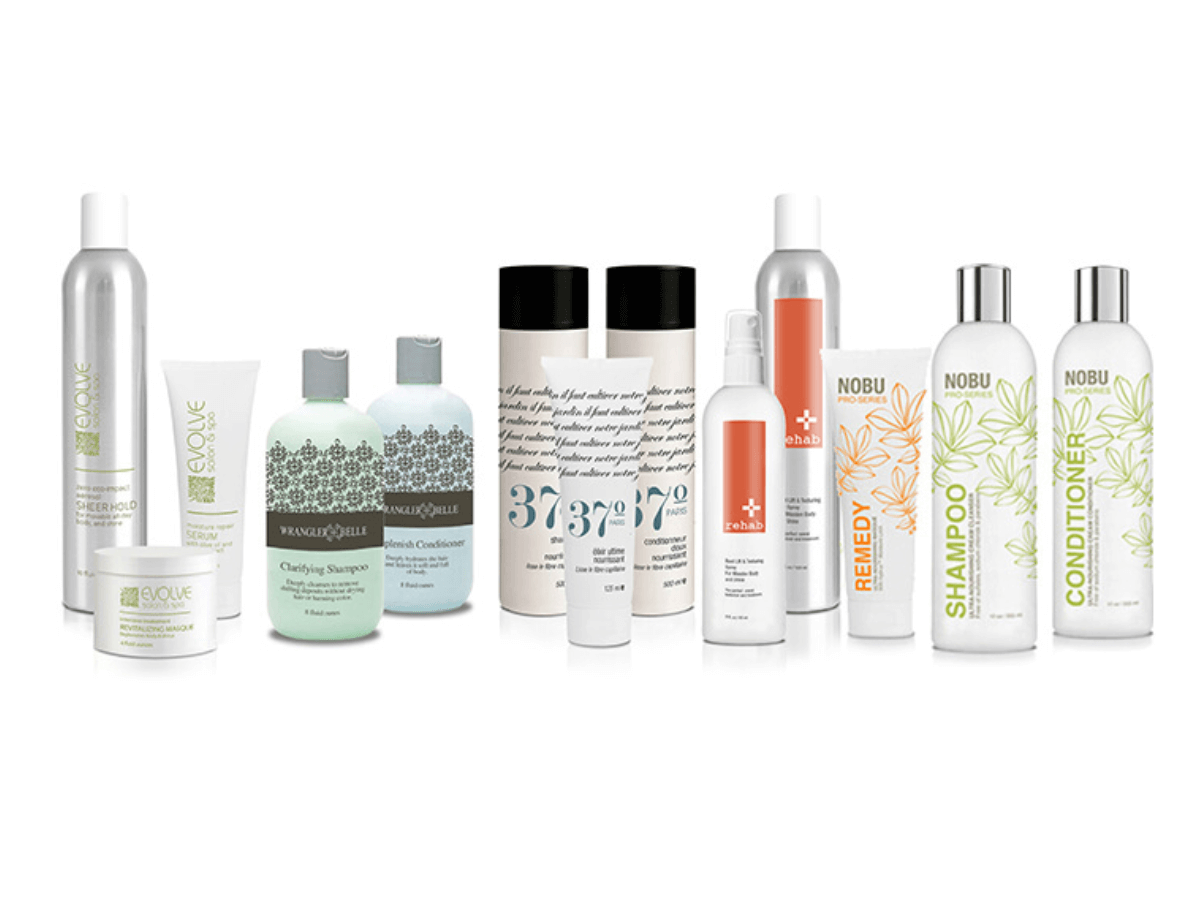African American Hair Products Distributors

The aroma of shea butter and coconut oil hangs heavy in the air, a comforting blend that speaks of generations past and futures yet to be styled. Sunlight streams through the windows of a bustling warehouse in Atlanta, illuminating rows upon rows of neatly stacked boxes filled with shampoos, conditioners, and styling aids. This isn't just any warehouse; it's the nerve center of a thriving, yet often overlooked, network: African American hair product distributors.
These distributors play a crucial role in connecting Black-owned and mainstream brands with the diverse communities they serve. They are the essential bridge between manufacturers and consumers, ensuring that the specific needs and preferences of African American hair are met with culturally relevant and effective products.
A Legacy of Independence and Innovation
The story of African American hair product distributors is deeply intertwined with the history of Black entrepreneurship in the United States. Historically, mainstream beauty suppliers often neglected the unique needs of textured hair. This created a void, and innovative Black entrepreneurs stepped in to fill it.
In the early 20th century, pioneers like Madame C.J. Walker and Annie Malone built empires selling their own hair care formulations directly to customers. Their success paved the way for a more formalized distribution network.
Over time, as larger corporations began to recognize the potential of the Black hair care market, independent distributors emerged. They became crucial partners for both established brands and emerging Black-owned companies, offering expertise and access to a loyal customer base.
Challenges and Triumphs
Despite their importance, African American hair product distributors face unique challenges. Competition from larger, mainstream distributors can be fierce. Access to capital and resources can also be limited.
However, these challenges have also fostered resilience and innovation. Many distributors have built strong relationships with their communities. They understand the specific needs of their customers and tailor their offerings accordingly.
Furthermore, there's a growing movement to support Black-owned businesses and invest in the success of African American entrepreneurs. Organizations like the National Urban League and the NAACP actively promote economic empowerment within the Black community, advocating for policies and programs that support businesses of all sizes.
The Power of Community and Expertise
What sets these distributors apart is their deep understanding of the nuances of African American hair. They're not just selling products; they're providing solutions. They offer advice, education, and a sense of community.
Many distributors have personal connections to the products they sell, often using them on themselves and their families. This firsthand experience translates into genuine expertise and a level of trust that is difficult to replicate.
They often host workshops and events. These events allow customers to learn about new products and techniques, further solidifying their role as trusted advisors.
Looking to the Future
The future of African American hair product distribution is bright. With the increasing focus on natural hair care and the growing demand for products that cater to diverse hair types, the industry is poised for continued growth.
According to a report by Mintel, the Black hair care market is a multi-billion dollar industry. This presents significant opportunities for distributors who are able to adapt to changing trends and embrace new technologies.
By continuing to prioritize community, expertise, and innovation, African American hair product distributors will remain a vital force in the beauty industry for generations to come.
The scent of shea butter and coconut oil continues to linger, a testament to the enduring legacy of these dedicated entrepreneurs. It's a reminder that behind every perfectly styled strand, there's a story of perseverance, innovation, and a deep commitment to serving the needs of the community.
